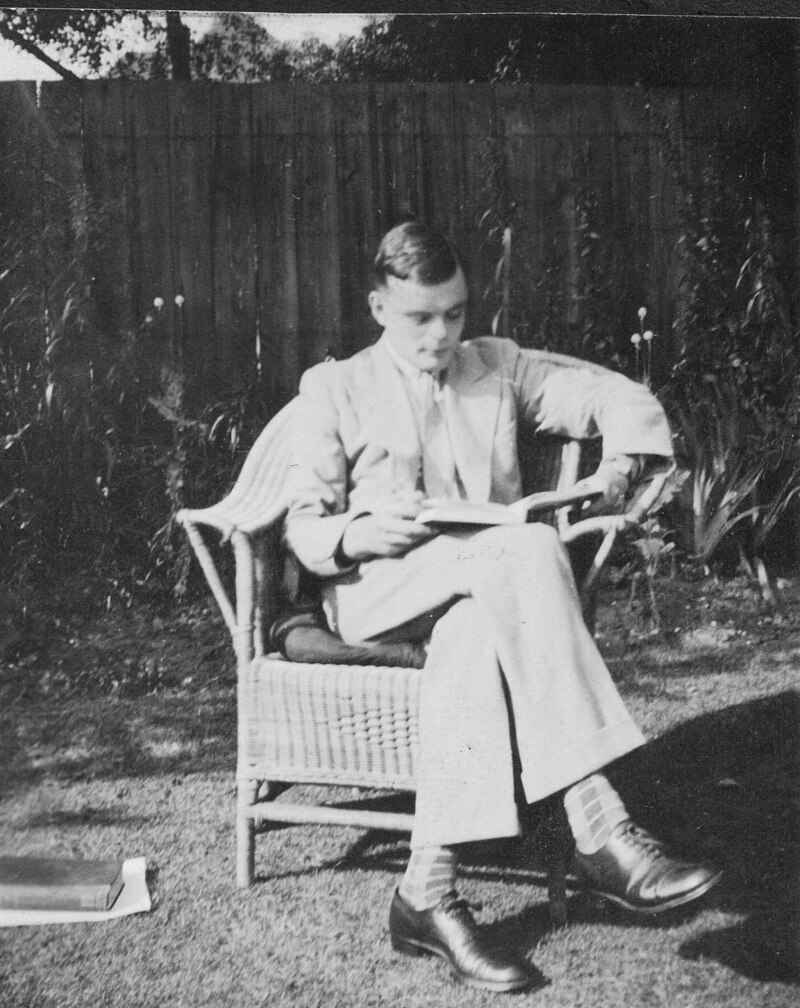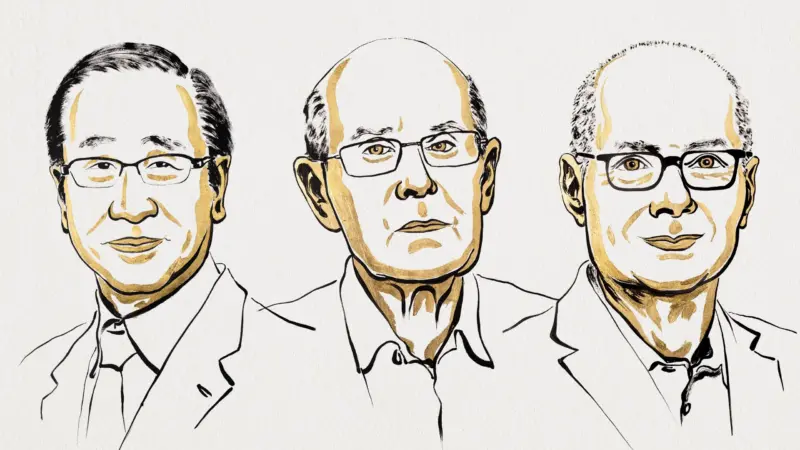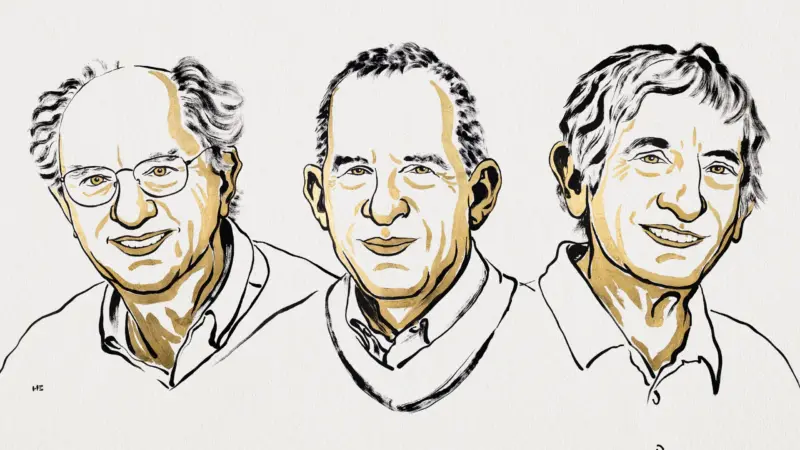Journeying into Untrodden Paths of Alan Turing’s Extraordinary Life

Alan Turing, an English mathematician, logician and cryptographer, is renowned for his role in breaking the Nazi Enigma code during World War II. His work gave the Allies a crucial advantage in Europe, ultimately leading to the invention of the computer. Tragically, Alan Turing’s life came to a tragic end in 1954 when he took his own life at the age of 41.
The cause of his despair stemmed from being convicted of “indecency” due to his homosexuality, a crime that was still punishable by law in Great Britain at that time. Turing’s death was the result of consuming an apple laced with cyanide. It is disheartening to note that at the time of his passing, only a few people were aware of his immense contributions to the war effort. It wasn’t until sixty years later that Queen Elizabeth II officially granted Turing a posthumous pardon, finally recognizing his remarkable achievements.
Andrew Hodges, a mathematician at Oxford University’s Mathematical Institute, played a pivotal role in shedding light on Turing’s life. His biography, titled “Alan Turing: The Enigma,” served as the inspiration for the film depicting Turing’s story. In an infamous interview of Hodges, he revealed some lesser-known facts about this extraordinary figure.
An Olympic-Level Runner
Firstly, Alan Turing’s remarkable talents extended beyond his intellectual endeavors. He showcased his athleticism as an Olympic-level runner, often opting to run to his destinations instead of relying on public transportation. With his dedication and passion for running, he joined running clubs and achieved notable victories in various races. A notable achievement was his completion of a marathon in 1948, where he crossed the finish line in an impressive time of 2 hours 46 minutes 3 seconds. This remarkable feat placed him only 11 minutes behind the Olympic-winning time of that year. When questioned about his intense training regimen, Turing candidly expressed that running served as an effective outlet to free his mind from the stresses of his demanding job.
Turing’s Unconventional Spirit and Political Leanings
Secondly, Andrew Hodges, in his portrayal of Alan Turing, aptly described him as “a hippie before his time.” Hodges observed that had Turing lived a few decades later, he would have embraced a casual and scruffy appearance, often donning t-shirts and jeans as his preferred attire. This unconventional spirit and nonchalant fashion sense were indicative of Turing’s individuality and inclination toward a more relaxed lifestyle.
Moreover, Turing’s political inclinations aligned with many of his peers at Kings College, such as John Maynard Keynes and Arthur Cecil Pigou. While he held left-leaning views, Turing did not immerse himself deeply in politics. However, the rise of Hitler and the threat he posed greatly unsettled Turing, prompting him to develop a keen interest in cryptography. His concern for the escalating global situation fueled his dedication to the field, ultimately playing a crucial role in helping Great Britain achieve victory in the war. Despite his reservations about political involvement, Turing’s significant contributions in the realm of cryptography demonstrated his commitment to the greater cause.
Academic Challenges and Controversial Discussions: Turing’s School Years
Thirdly, Alan Turing’s academic journey was not without its hurdles. Despite harboring a deep passion for science from a young age, his educational pursuits faced obstacles. Interestingly, his fervent interest in scientific subjects, which clashed with his mother’s desire for him to pursue classical studies, caused a source of embarrassment within his family.
Furthermore, Turing’s academic performance in school was inconsistent, ranging from poor to mediocre grades. His unconventional thinking and unique approach to learning frustrated many of his teachers. In particular, his attitude toward discussions on New Testament topics often generated controversy and disagreements, further highlighting Turing’s willingness to challenge conventional perspectives and engage in intellectual discourse.
Despite these academic challenges and clashes of opinion, Turing’s unwavering passion for science remained steadfast, eventually leading him to make groundbreaking contributions in various fields. His remarkable intellect and innovative thinking would reshape the world of computing and artificial intelligence, solidifying his legacy as one of history’s greatest minds.
Turing’s Diverse Academic Pursuits
Although Alan Turing is widely recognized as the father of computers, his intellectual pursuits extended far beyond the realm of computing. While his invention of the Universal Turing Machine, which served as the foundation for the development of the first computers, cemented his legacy in the field, Turing’s scholarly interests were remarkably diverse.
Turing’s thirst for knowledge led him to explore various scientific disciplines. In his early years, he delved into the study of physics, laying a strong foundation in this fundamental scientific field. Additionally, Turing’s inquisitive nature led him to delve into the nascent field of quantum mechanics, showcasing his eagerness to embrace new and cutting-edge areas of scientific exploration.
Moreover, Turing’s curiosity knew no bounds as he ventured into the realms of biology, chemistry, and neurology following World War II. Much of his work in these fields revolved around the creation of machines that could learn and think, aligning with his overarching goal of understanding intelligence. However, Turing’s explorations were not solely driven by utilitarian purposes; his studies also sprang from an inherent curiosity about the world and a genuine desire to unravel its mysteries.
Thus, while Turing’s contributions to computing and artificial intelligence remain his most prominent achievements, his multidisciplinary approach and diverse intellectual pursuits highlight the breadth of his scholarly interests and the depth of his scientific curiosity.
Early Scientific Curiosity and Revolutionary Work
From a young age, Alan Turing’s profound affinity for science was evident, leaving an indelible mark on his remarkable journey. A notable testament to his early fascination with the natural world is captured in a renowned sketch depicting Turing as a child engrossed in “observing the daisies grow,” while his peers engaged in a game of field hockey. This early inclination towards scientific observation and inquiry would shape the trajectory of his groundbreaking career.
In 1952, Turing’s insatiable curiosity and scientific prowess led him to make a groundbreaking breakthrough in the field of morphogenesis. His pioneering research gave birth to an entirely new field of study within mathematical biology. Turing’s work in morphogenesis, exploring the patterns and processes underlying the development of organisms, proved to be revolutionary.
The impact of Turing’s research on morphogenesis has been substantial, as evidenced by the staggering number of citations it has garnered, surpassing 8,000 references. One of his seminal papers on the subject, titled “Outline of the Development of the Daisy,” stands as a testament to his significant contributions. This work not only shed light on the intricate mechanisms governing the formation of biological patterns but also propelled the field of mathematical biology into new realms of understanding.
Stutter and Openness about Sexuality
Turing’s distinctive journey was not devoid of challenges, both in his communication and personal life. Notably, he had a slight stutter when speaking, although its portrayal in dramatic renditions tends to be exaggerated. This speech impediment required Turing to take his time in carefully choosing his words, making interviews for BBC radio a challenging endeavor. Despite these difficulties, Turing’s unwavering determination and intellect shone through, allowing him to express himself authentically.
In a society constrained by laws that prohibited him from openly acknowledging his homosexuality, Turing displayed remarkable courage and candor among his social circles at Kings College, Cambridge. He embraced his sexuality and shared this aspect of his identity with those close to him, defying societal expectations and conventions. This boldness and openness were testaments to Turing’s unwavering commitment to living life authentically, despite the risks and consequences.
Unfortunately, in 1952, Turing’s unwavering honesty would bring about personal turmoil. He faced arrest and was charged with “indecency” following a brief relationship with another man. In the face of these charges, Turing chose not to deny or hide the truth but rather offered an unapologetic statement that detailed the nature of his relationship. This act of defiance and refusal to conform to societal pressures demonstrated Turing’s refusal to compromise his integrity and beliefs.
Persevering through Trauma
Despite enduring the traumatic punishment of chemical castration for his homosexuality, Turing maintained his lively spirit and even found humor in the absurdity of the law. He defiantly traveled to countries like Norway and the Mediterranean, where burgeoning gay rights movements provided solace and support.
However, his conviction resulted in the loss of his security clearance, preventing him from continuing his crucial secret work. This devastating blow, as noted by Hodges, likely played a significant role in Turing’s decision to take his own life. Turing’s resilience in the face of trauma and his tragic loss serve as a poignant reminder of the profound impact of societal injustice and the indomitable human spirit.






